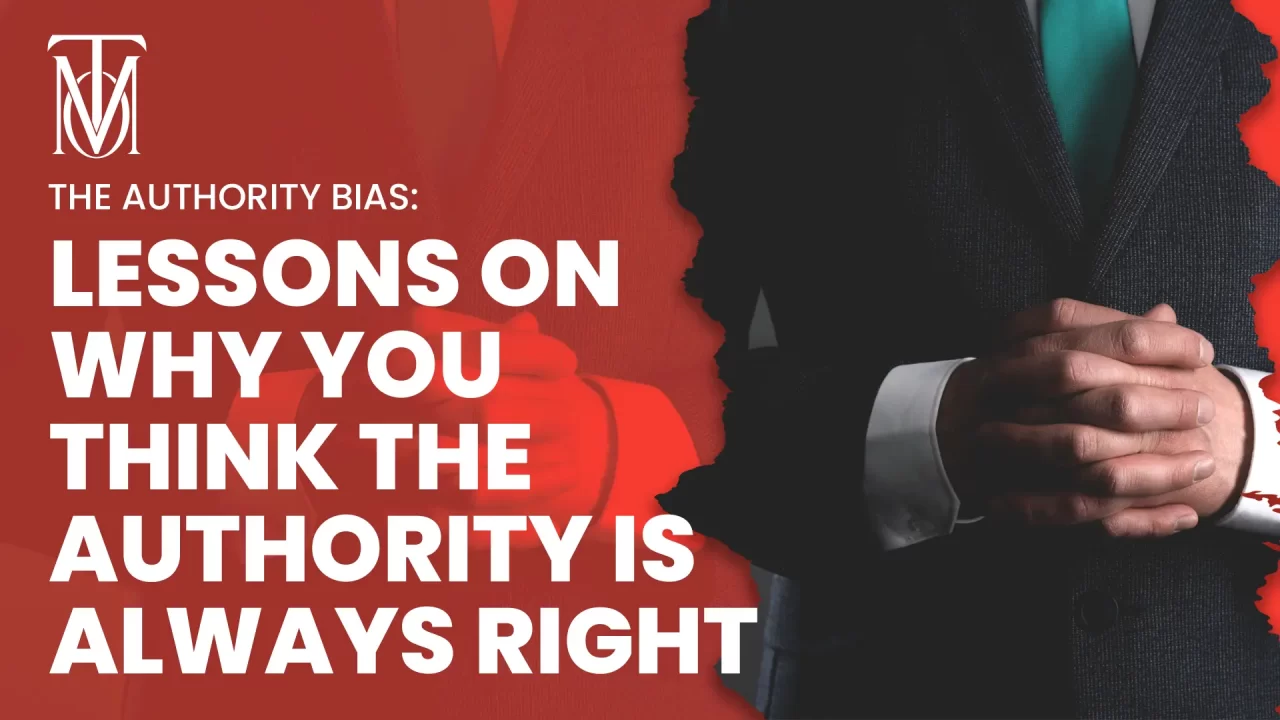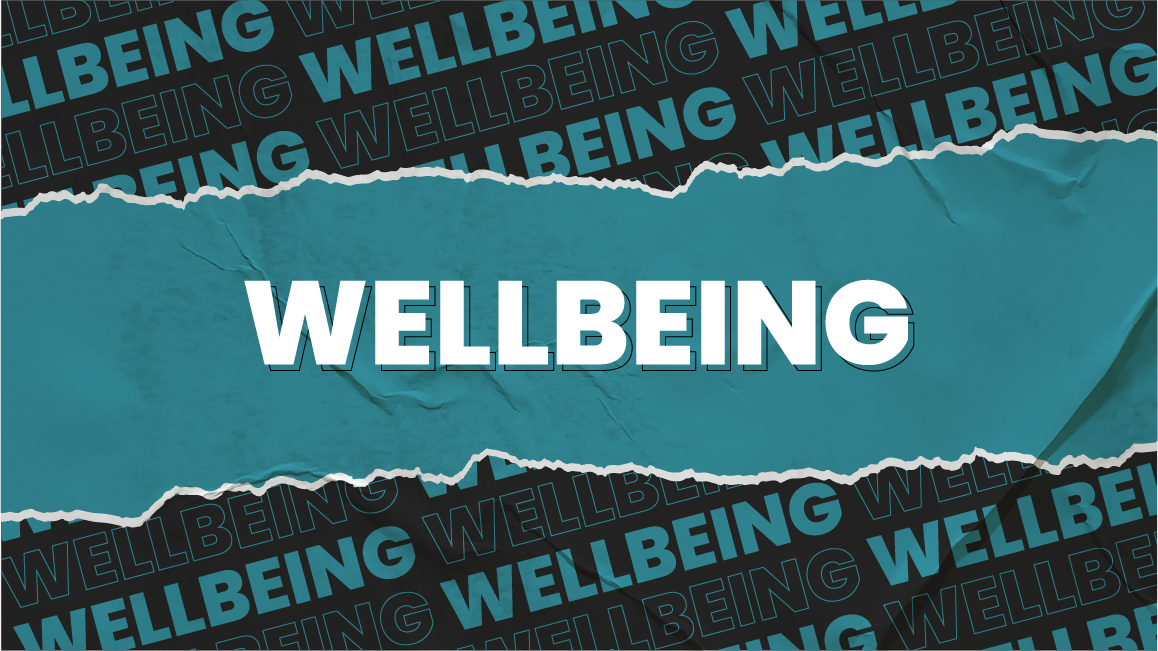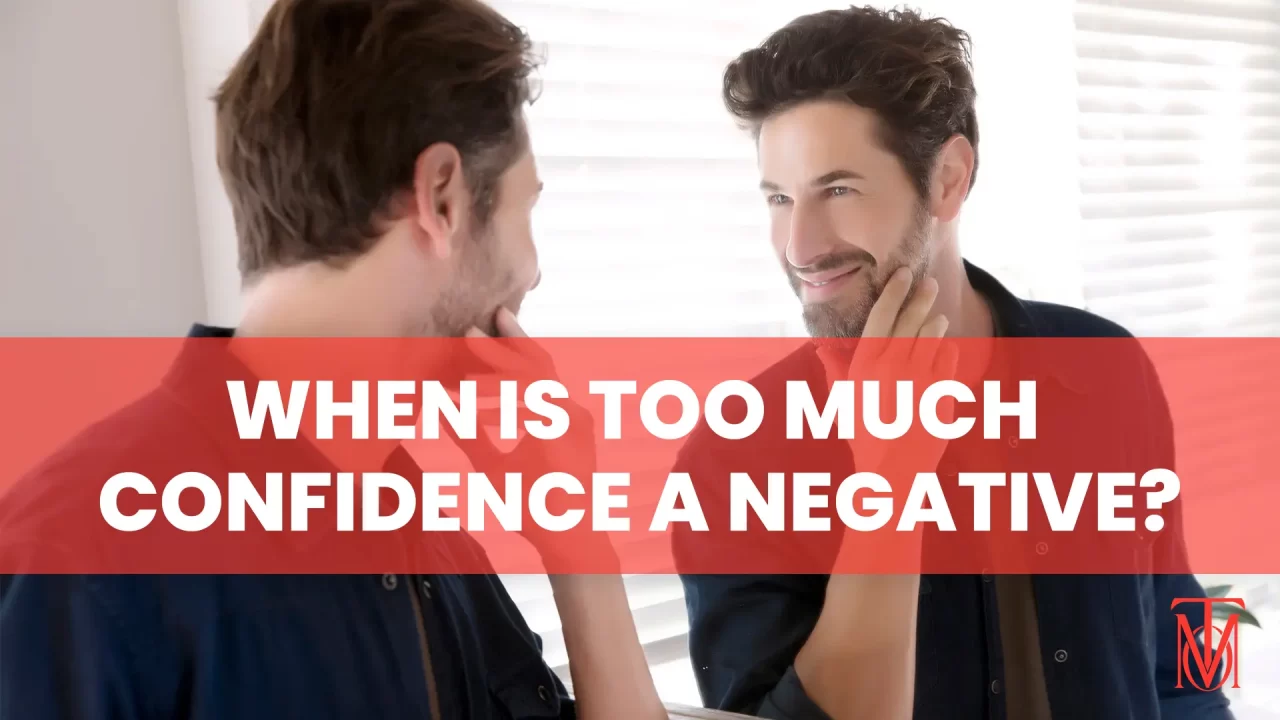In the information age, it can be easy to fall into the trap of thinking that authority is always right.
We see a politician on TV or in the newspaper and wonder if they’re saying what they mean, or even worse, we think that our opinions are just as good as anyone else’s. But when it comes to leadership, this bias isn’t just dangerous for individual people—it can affect groups and organizations too!
The concept of an “authority bias” was first put forward by social psychologist Solomon Asch in 1951. He wanted to study how groups’ decision-making process about who should have power over them (i.e., leaders).
However, he could not do so because the participants would only agree if everyone else agreed with them, even though the same individuals would not stand up for their initial beliefs if they didn’t believe that everyone else agreed with them first!
Today we know this tendency as “the authority bias,”—and while you may not realize it yet, there are many ways in which this can negatively impact your company culture as well.
This refers to tolerating the degree of disparity between those with and without authority. A high PDI score shows that society supports an unequal, hierarchical allocation of power and that individuals know “their place” within the system.
Authority bias is a cognitive bias that occurs when people assume that an authority figure is always right. It can have serious consequences for leaders in both business and government because it leads them to make poor decisions based on outdated information or faulty logic. If you’re interested in improving your decision-making skills, who doesn’t want that?—then read on!
The Authority Bias And Why It Exists
Authority Bias is a psychological phenomenon when you’re more likely to obey authority figures, believe what they tell you, and accept their advice.
The reason is simple: people respect authority and are more likely to comply because they feel it’s safer to follow orders than make decisions on their own.
It show’s how we often defer to our bosses at work or parents in raising our children because we know that if we don’t listen or agree with what they say, there will be consequences (such as losing their trust).
Real-Life Examples Of The Authority Bias
One of the most obvious examples of Authority Bias is when you’re in a situation where someone has authority over you, and they give an order.
The more powerful person has more power than you, so it’s natural for them to expect that their demands will follow by everyone else. If your boss tells you what to do, anyone who doesn’t follow them will be punished by losing their job—so obedience becomes expected, and expected becomes necessary.
Another extreme example would be when someone gives birth to a baby who needs constant care from parents or other adults around them until adulthood—because this child depends on them (and vice versa).
In this case, too, there might be some tension between mothers who want freedom from responsibility while fathers wish for more time away from work-related duties so they can spend quality time with their kids instead of just hanging out at home watching TV all day long!
How To Overcome The Authority Bias
The next time you face a question about which authority is right, try these steps:
- Question the source of information. Is it reliable? Who’s behind it? Is there any incentive for them to lie or exaggerate?Is this person an expert on whatever topic you’re discussing or has a vested interest in convincing others that their viewpoint is correct (e.g., a politician)?
- Think critically about your sources’ claims and arguments before accepting them as fact—no matter how convincing they are at first glance!If something doesn’t make sense or seems off-base after careful consideration, consider challenging it further by asking questions until you have all of your doubts resolved.
- Ask for more information from both sides before making up your mind about whether or not something deserves respect through either biased reasoning or outright dismissal based solely upon intuition (i.e., “I’m just going along with everyone else here because everyone else believes…”).
Being aware of the authority bias people can help you avoid mistakes leaders make
Just like other cognitive biases known as the authority bias encourages people to immediately assume that a perceived authority (such as a teacher, supervisor, or another authority figure) is correct.
People are likely to believe what they hear from the source of information, and give respect for authority; hence this can be considered a social influence.
The authority bias can have many negative consequences for your career and business. For example:
- You may believe in something just because everyone else does—even if there’s no solid evidence proving its valid point.
- You may not challenge someone with more experience than yourself—or worse yet, avoid doing so altogether.
Final Thought
The Authority Bias is a common cognitive bias that affects us all at one point or another, but it’s important to be aware of it to avoid making the same mistakes leaders make.
Once you understand how this effect works, you can use it to your advantage by thinking like an authority figure in your own life and using that knowledge when making decisions.
For example, if someone disagrees with what you have said, consider their opinion; more seriously than before!
decision-making process















